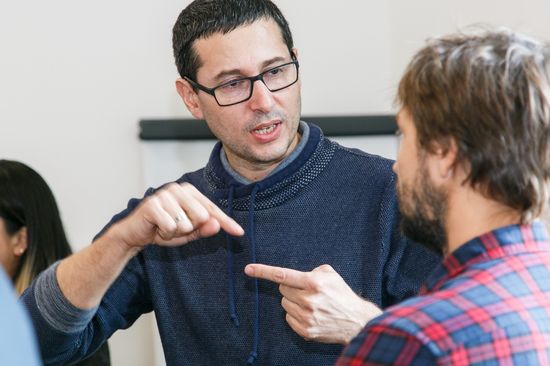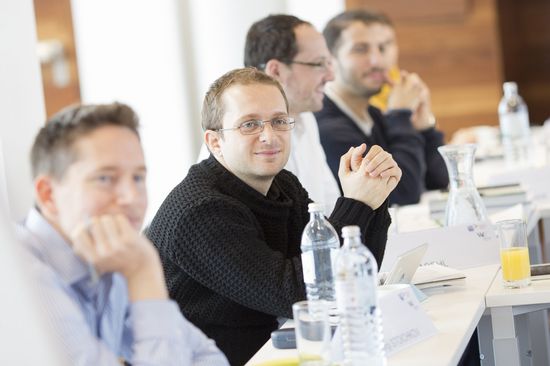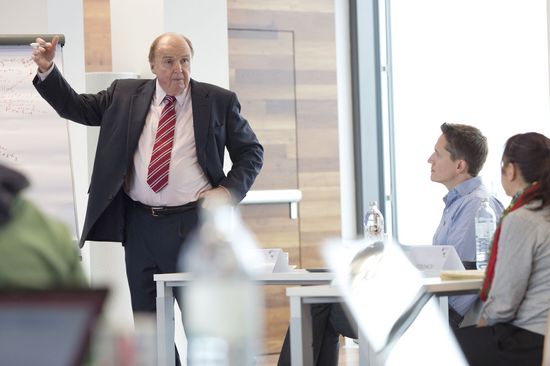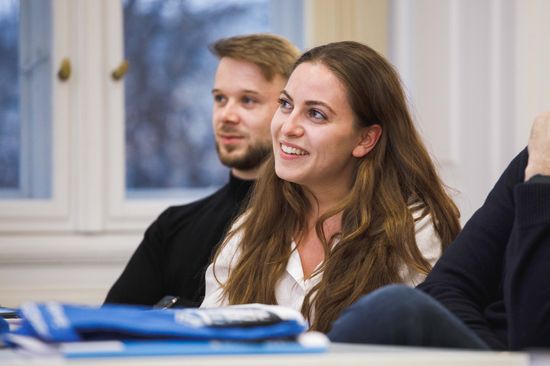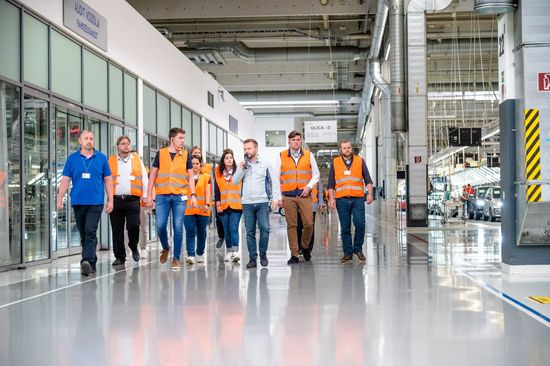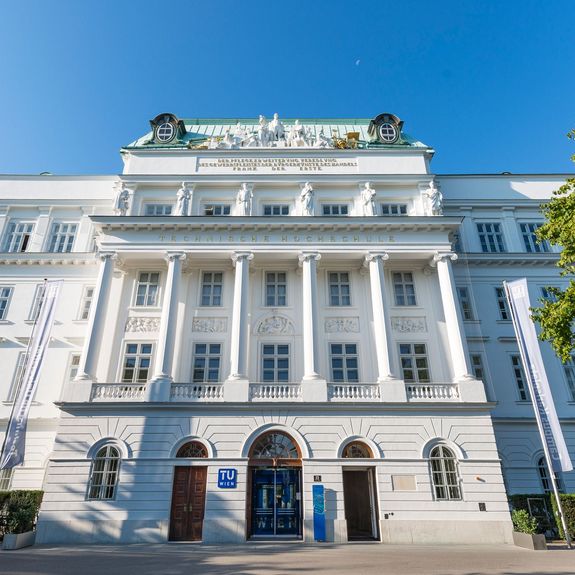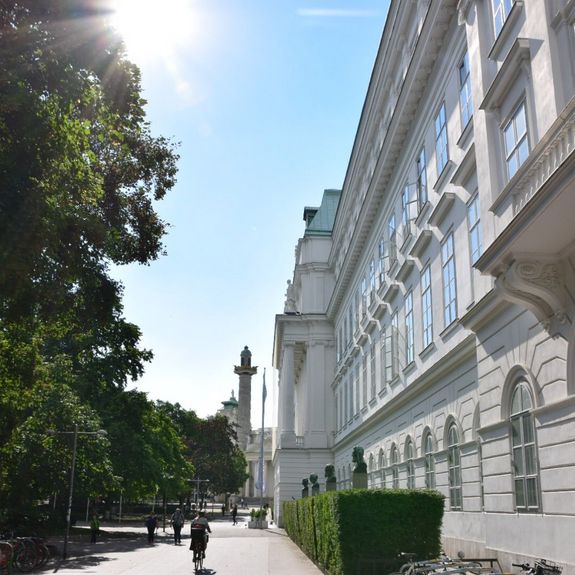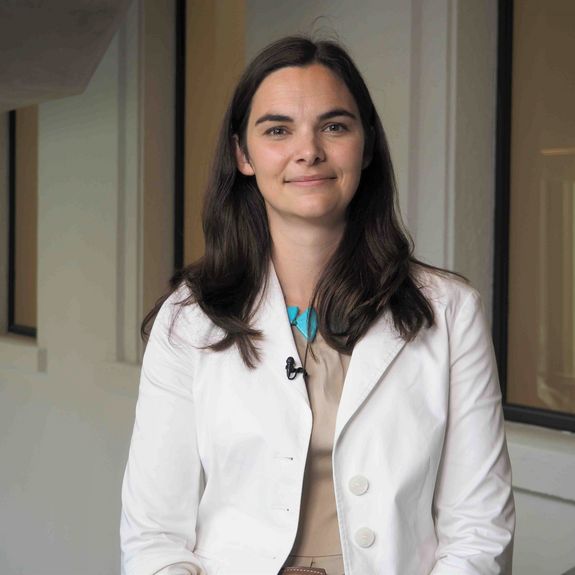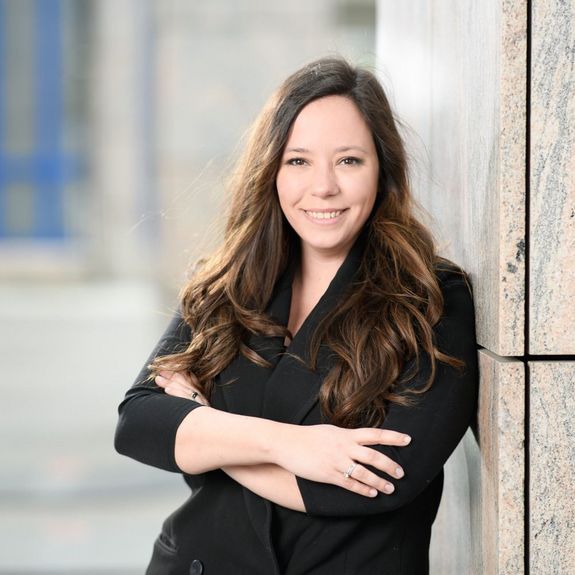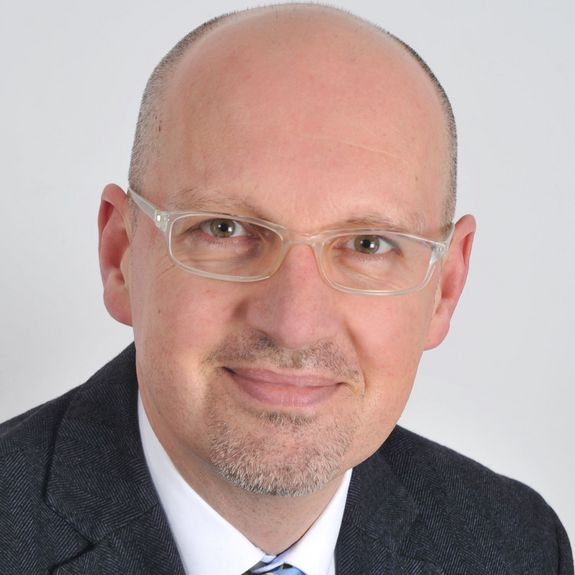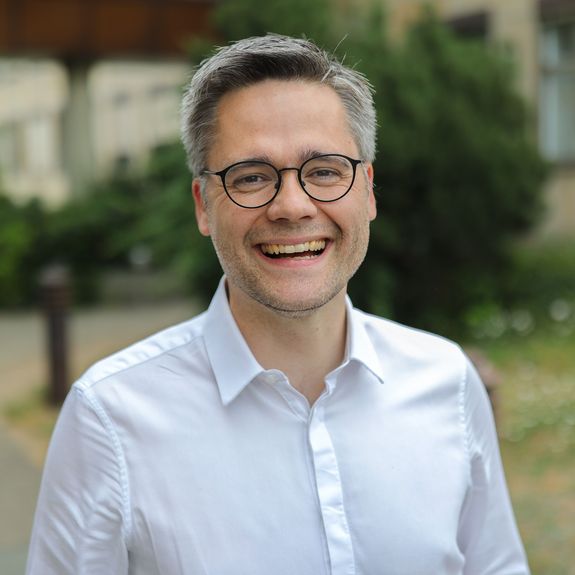We would like to highlight our successful ETIA graduates who are driving innovation and impact around the world — starting with ETIA 17 alumna Helene Stanger and her thesis on battery energy storage in large-scale solar integration in Kosovo.
Helene graduated from the ETIA program with extinction in June 2025.
Helene combines her academic expertise with hands-on experience as an innovation manager in regional development and founder of two award-winning initiatives on sustainability and female empowerment. With a background in public management and a strong track record in project leadership and stakeholder engagement, she is passionate about driving the energy transition and developing impact-driven solutions at the intersection of technology, policy, and society.
In her outstanding master thesis she explores the business case and policy framework for battery energy storage in large-scale solar integration in Kosovo.
Powering the Transition: How Battery Storage Could Transform Kosovo’s Energy Future
When we talk about the global energy transition, our minds often go to solar farms in California or offshore wind parks in the North Sea. But sometimes, the most revealing test cases happen in the smallest markets.
For Helene Stanger, a graduate of TU Wien’s MSc Environmental Technology & International Affairs (ETIA) program, that place was Kosovo — a country that still generates nearly 90 percent of its electricity from lignite, one of the dirtiest forms of coal.
Her master’s thesis, “The Role of Battery Energy Storage in Large-Scale Solar Integration: A Business Case and Policy Analysis for Kosovo”, dives into one of the defining challenges of our time: how to make renewable energy both reliable and profitable.
The missing link in the renewable equation
Solar and wind power have become cheaper and more widespread than ever before. Yet, their biggest drawback remains the same — they depend on the weather. When the sun doesn’t shine or the wind doesn’t blow, grids need backup power to keep supply stable.
This is where battery energy storage systems (BESS) come in. Once considered too expensive for large-scale use, battery costs have fallen by more than 85 percent over the past decade. That shift, Stanger found, has quietly transformed the economics of clean energy.
“We’ve reached the point where battery storage is not only technically feasible, but financially sound — even in emerging markets,” she explains.
Testing the future in a challenging market
Kosovo, with its outdated grid infrastructure and growing energy demand, provided the perfect real-world case study. Using a 100 MW solar power plant as a reference project, Stanger modelled four business scenarios — from solar-only operations to combined solar-and-storage systems designed for different market services such as energy arbitrage and grid balancing.
The result? Every configuration involving battery storage turned out to be economically viable. The most profitable model paired a solar farm with batteries charged once per day from its own solar output, then sold that stored power back to the grid during peak demand hours.
It’s a simple insight with big implications: clean energy can be good business — not just good conscience.
From policy gap to opportunity
Numbers alone don’t make a transition happen. For her qualitative analysis, Stanger travelled to Pristina to speak directly with policymakers, regulators, grid operators, and international development partners. Her interviews revealed a country on the cusp of change: eager to attract renewable investment, yet still held back by limited flexibility and unclear legal frameworks for storage.
Kosovo’s energy strategy aims to reach 35 percent renewables in electricity consumption by 2030 and to install 170 MW of battery capacity by 2031 — an ambitious goal that will require coordination across ministries, investors, and the European Energy Community.
“Policy frameworks can either accelerate or stall this transformation,” Stanger says. “The key is to create the right incentives so that investors see storage not as a risk, but as an opportunity.”
Why it matters beyond Kosovo
Stanger’s research may be grounded in one small Balkan state, but its lessons resonate far beyond. Many countries — from Southeast Europe to parts of Africa and Asia — face the same question: how to decarbonize without compromising grid stability or economic growth.
Her findings suggest a path forward. As battery prices continue to fall and market mechanisms mature, hybrid solar-and-storage systems could become the cornerstone of resilient, low-carbon grids worldwide.
Bridging disciplines, bridging worlds
The project reflects the interdisciplinary DNA of the ETIA program, jointly offered by TU Wien and the Diplomatic Academy of Vienna. It merges engineering precision with political and economic insight — a combination increasingly vital for global sustainability challenges.
By linking technical modelling with policy analysis, Stanger’s thesis exemplifies the kind of cross-sector thinking needed to drive the energy transition — especially in regions where every kilowatt and every euro counts.
From Vienna to Pristina — and into the future
Graduating with distinction in June 2025, Helene Stanger represents a new generation of professionals who see sustainability not as a buzzword but as a systemic challenge that demands both innovation and diplomacy.
Her research reminds us that the next energy revolution won’t be won by technology alone — but by the people ready to connect it with the realities on the ground.
We congratulate Helene on her achievements and wish her every success in her next professional steps!
Interested in learning more about our ETIA alumni? Click here.
Explore Helene’s full thesis through the TU Library, öffnet eine externe URL in einem neuen Fenster

